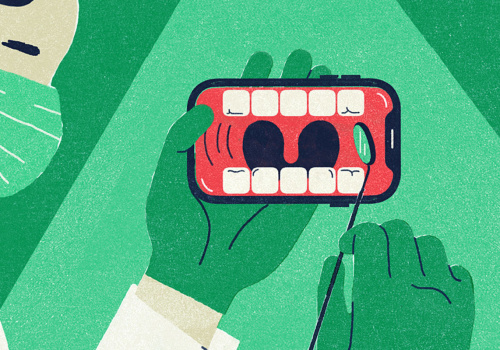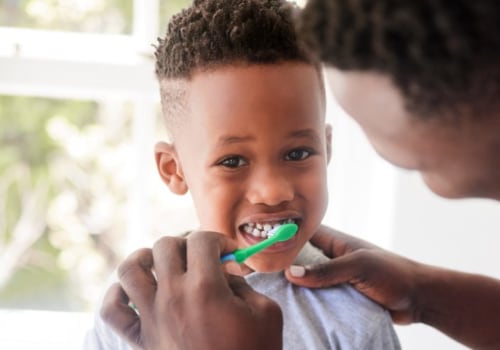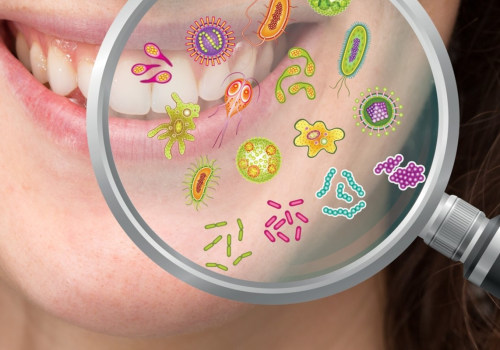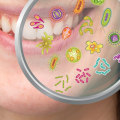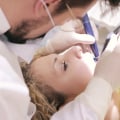What are the Common Dental Issues Faced by Children and How to Prevent Them?
Dental health is a crucial aspect of overall health and well-being, and it is especially important for children. Proper dental care is essential for a child's growth and development, as well as their confidence and self-esteem. Unfortunately, children are susceptible to a range of dental problems that can be painful, uncomfortable, and expensive to treat. In this article, we will discuss the most common dental issues faced by children and provide tips on how to prevent them.
1. Tooth Decay
Tooth decay, also known as cavities, is the most common dental problem faced by children. Tooth decay is caused by bacteria in the mouth that feed on sugar and produce acid. This acid can eat away at the enamel of the tooth, leading to cavities. Children are particularly vulnerable to tooth decay because they tend to consume more sugary foods and drinks than adults and may not have developed good oral hygiene habits yet.
Prevention Tips:
- Limit sugary foods and drinks, such as soda, candy, and cookies.
- Encourage your child to brush their teeth twice a day with fluoride toothpaste.
- Floss your child's teeth once a day to remove food particles and plaque.
- Take your child to the dentist for regular check-ups and cleanings.
- Consider dental sealants, which can help prevent tooth decay in the back teeth.
2. Gum Disease
Gum disease, also known as periodontal disease, is an infection of the gums that can lead to tooth loss if left untreated. Gum disease is caused by bacteria in the mouth that produce toxins that can damage the gums and bone that support the teeth. Children are less likely to develop gum disease than adults, but it can still occur if good oral hygiene habits are not practiced.
Prevention Tips:
- Encourage your child to brush their teeth twice a day with fluoride toothpaste.
- Floss your child's teeth once a day to remove food particles and plaque.
- Take your child to the dentist for regular check-ups and cleanings.
- Make sure your child eats a healthy, balanced diet.
- Encourage your child to drink plenty of water.
3. Bad Breath
Bad breath, also known as halitosis, is a common problem for children. Bad breath can be caused by poor oral hygiene, certain foods, and underlying medical conditions.
Prevention Tips:
- Encourage your child to brush their teeth twice a day with fluoride toothpaste.
- Floss your child's teeth once a day to remove food particles and plaque.
- Make sure your child drinks plenty of water.
- Limit sugary foods and drinks.
- Consider using a tongue scraper to remove bacteria from the tongue.
4. Tooth Sensitivity
Tooth sensitivity is a common problem for children, particularly as they get older. Tooth sensitivity can be caused by a variety of factors, including tooth decay, gum disease, and enamel erosion.
Prevention Tips:
- Encourage your child to brush their teeth twice a day with a fluoride toothpaste, but make sure they use a soft-bristled toothbrush to avoid damaging their enamel.
- Limit acidic and sugary foods and drinks, as they can contribute to tooth sensitivity.
- Make sure your child uses a mouthguard during sports and other physical activities to avoid dental injuries that can cause sensitivity.
- Take your child to the dentist for regular check-ups and cleanings, and ask about desensitizing treatments if necessary.
5. Crooked or Misaligned Teeth
Crooked or misaligned teeth can be caused by genetics, thumb-sucking, or other habits. While crooked teeth can be a cosmetic issue, they can also cause problems with chewing and speaking and increase the risk of tooth decay and gum disease.
Prevention Tips:
- Encourage your child to stop thumb-sucking or other habits that can cause misalignment.
- Take your child to the dentist for regular check-ups and ask about orthodontic treatment if necessary.
- Make sure your child eats a healthy, balanced diet to promote healthy tooth development.
FAQ Section:
1. At what age should children start seeing a dentist?
Children should start seeing a dentist by their first birthday, or as soon as their first tooth erupts. Regular dental check-ups and cleanings can help identify and prevent dental problems early on.
2. How often should children brush their teeth?
Children should brush their teeth twice a day with fluoride toothpaste, using a soft-bristled toothbrush. They should also floss once a day to remove food particles and plaque.
3. How can parents help children overcome their fear of the dentist?
Parents can help children overcome their fear of the dentist by explaining what will happen during the visit and reassuring them that it won't be painful. They can also read books or watch videos about visiting the dentist and play pretend dentist at home.
Recommendations for Further Reading:
Conclusion
Preventing dental problems in children requires a combination of good oral hygiene habits and regular dental check-ups. By limiting sugary foods and drinks, encouraging regular brushing and flossing, and taking children to the dentist for regular check-ups, parents can help ensure their children develop and maintain healthy teeth and gums.

